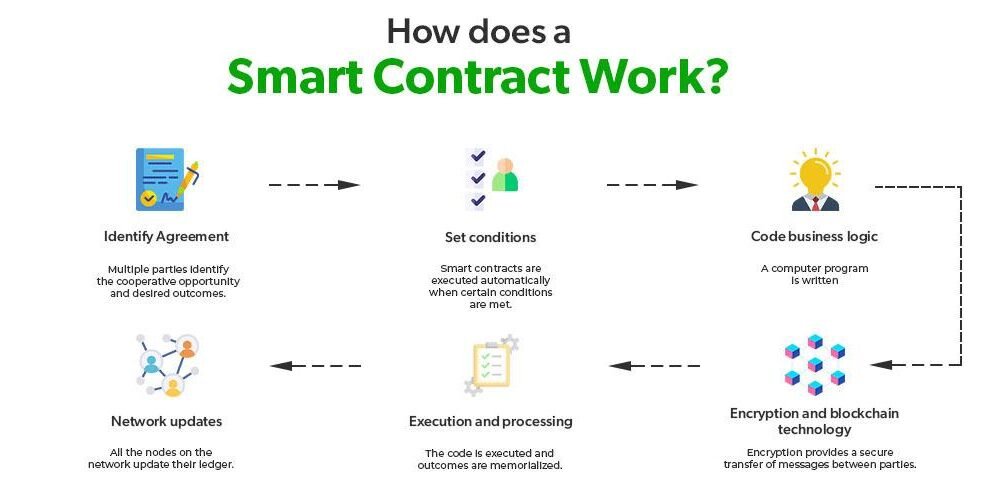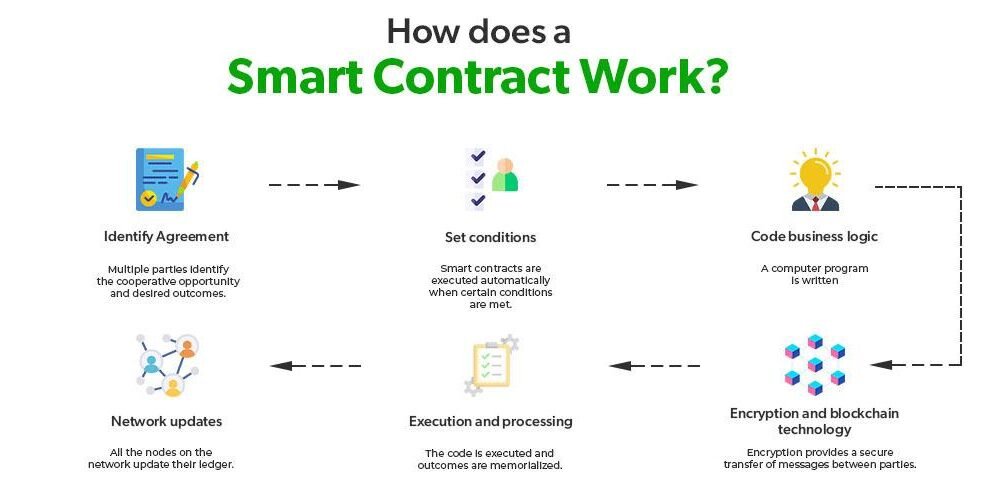Smart Contracts in Law: Revolutionizing Contract Management
Smart contracts are transforming the landscape of contract management by automating agreements through code. This innovative approach ensures transparency, reduces disputes, and streamlines processes, offering a glimpse into the future of legal transactions.





















































































































































































































































































































































































































































































































































